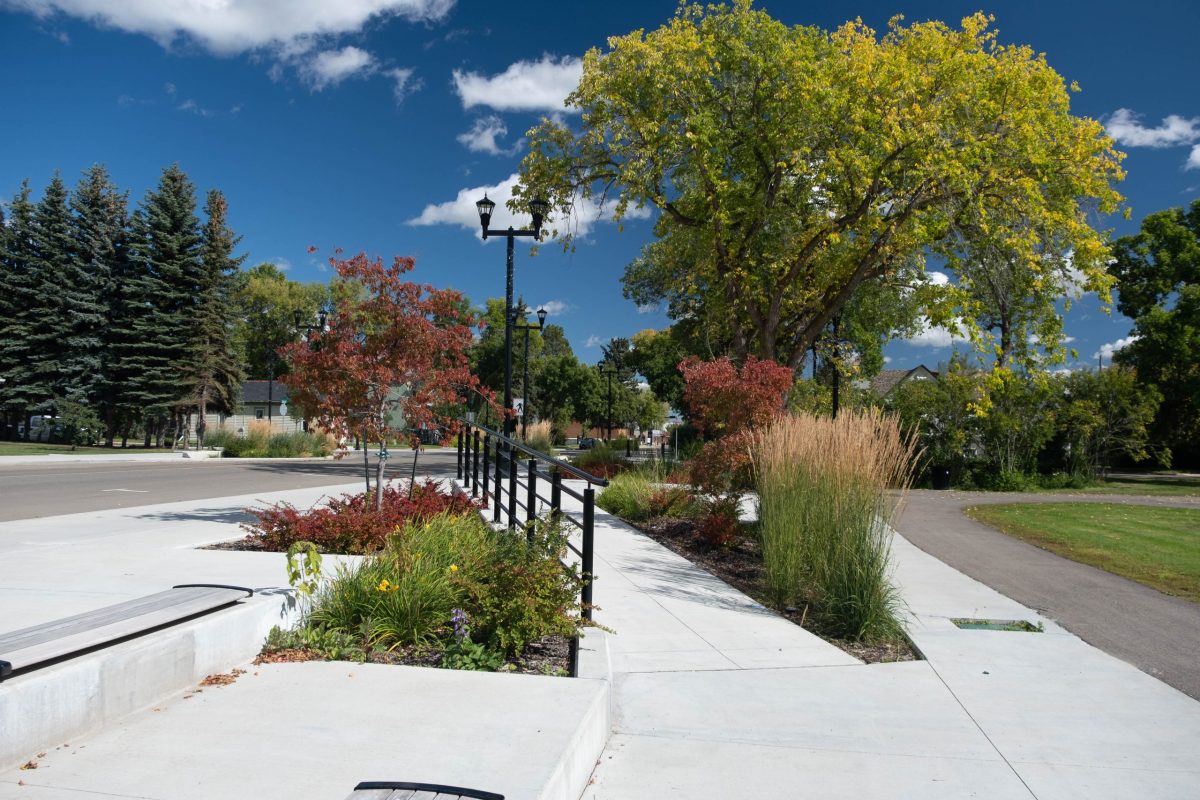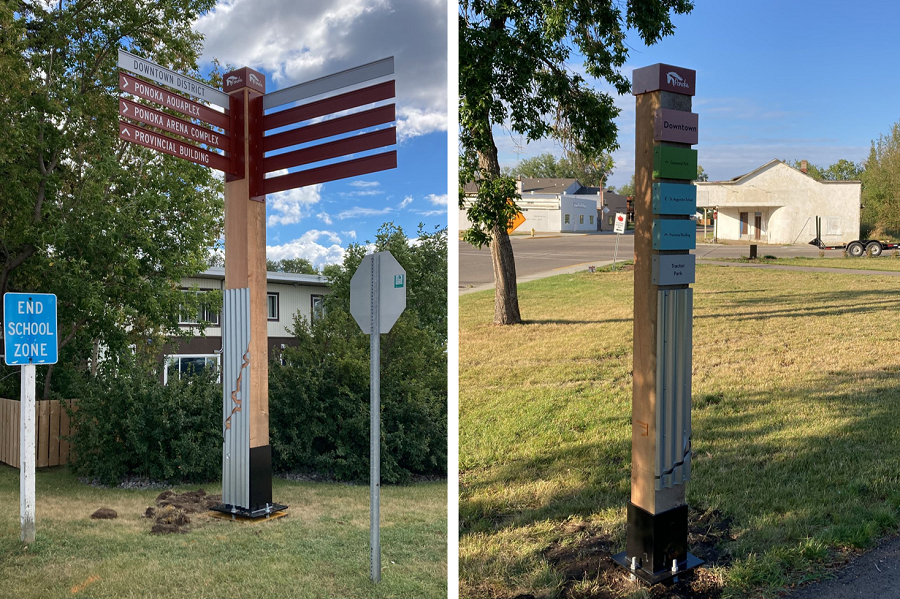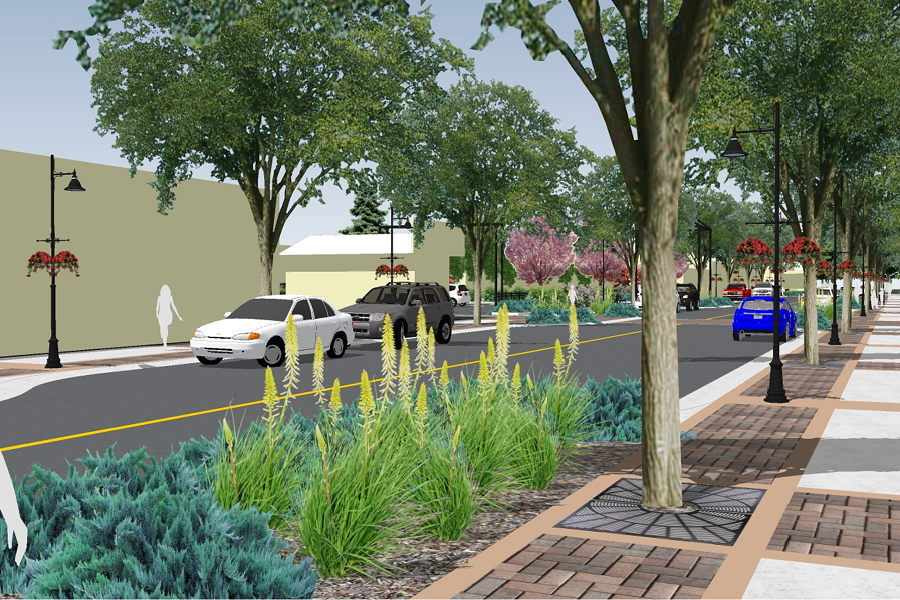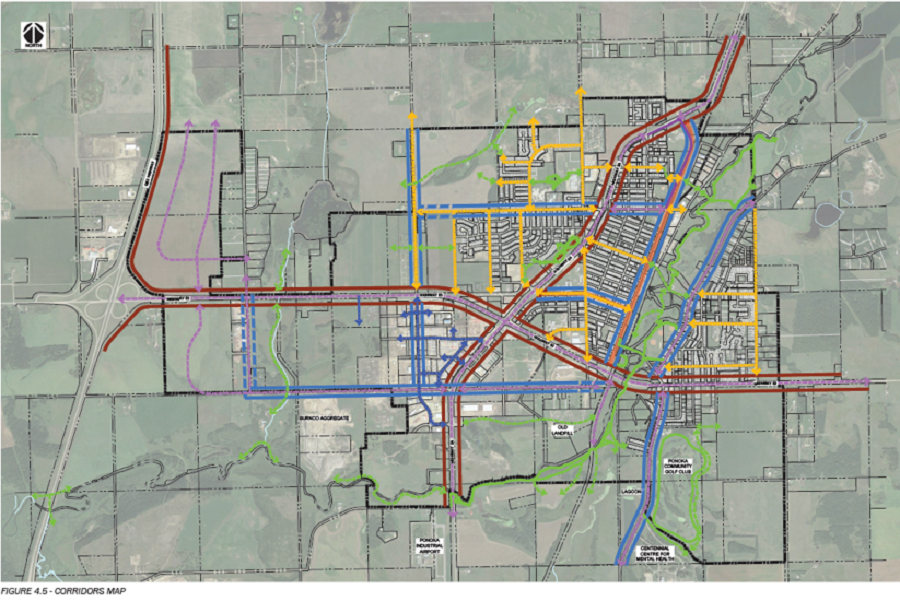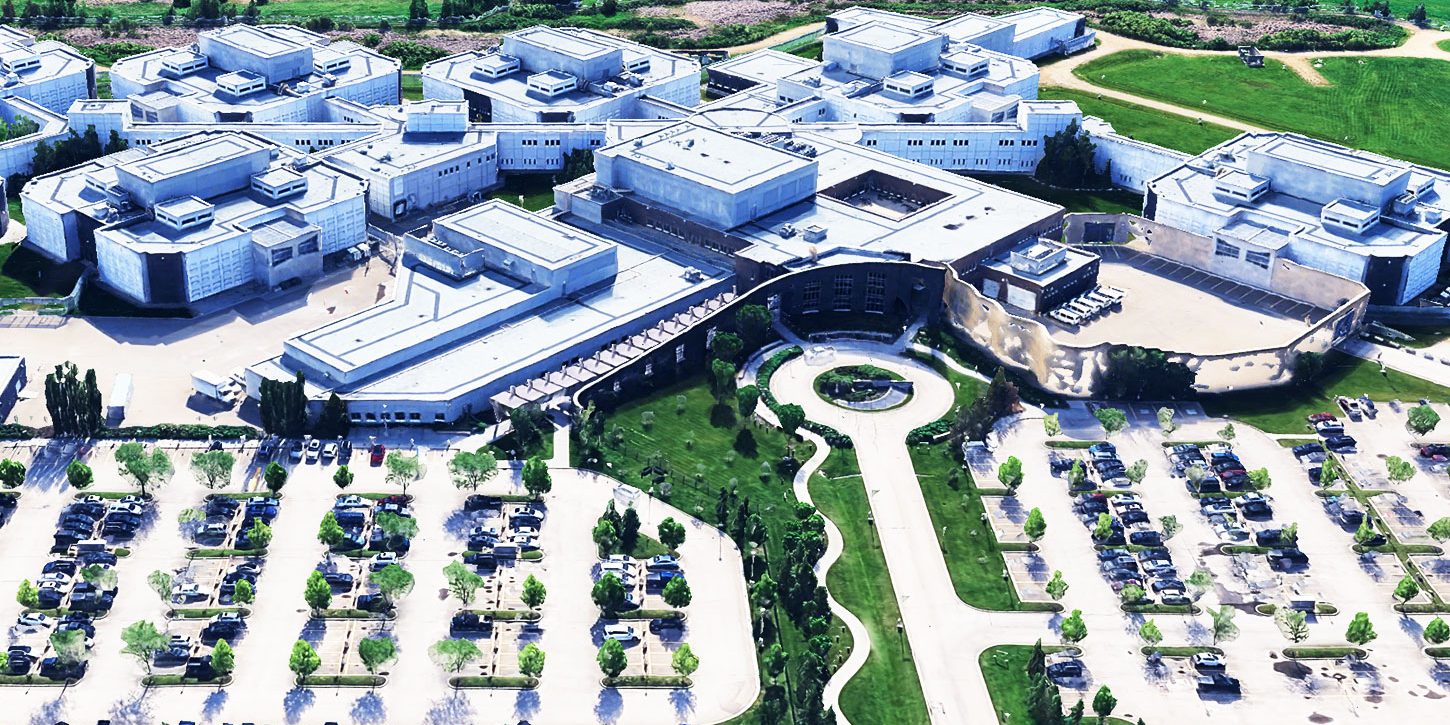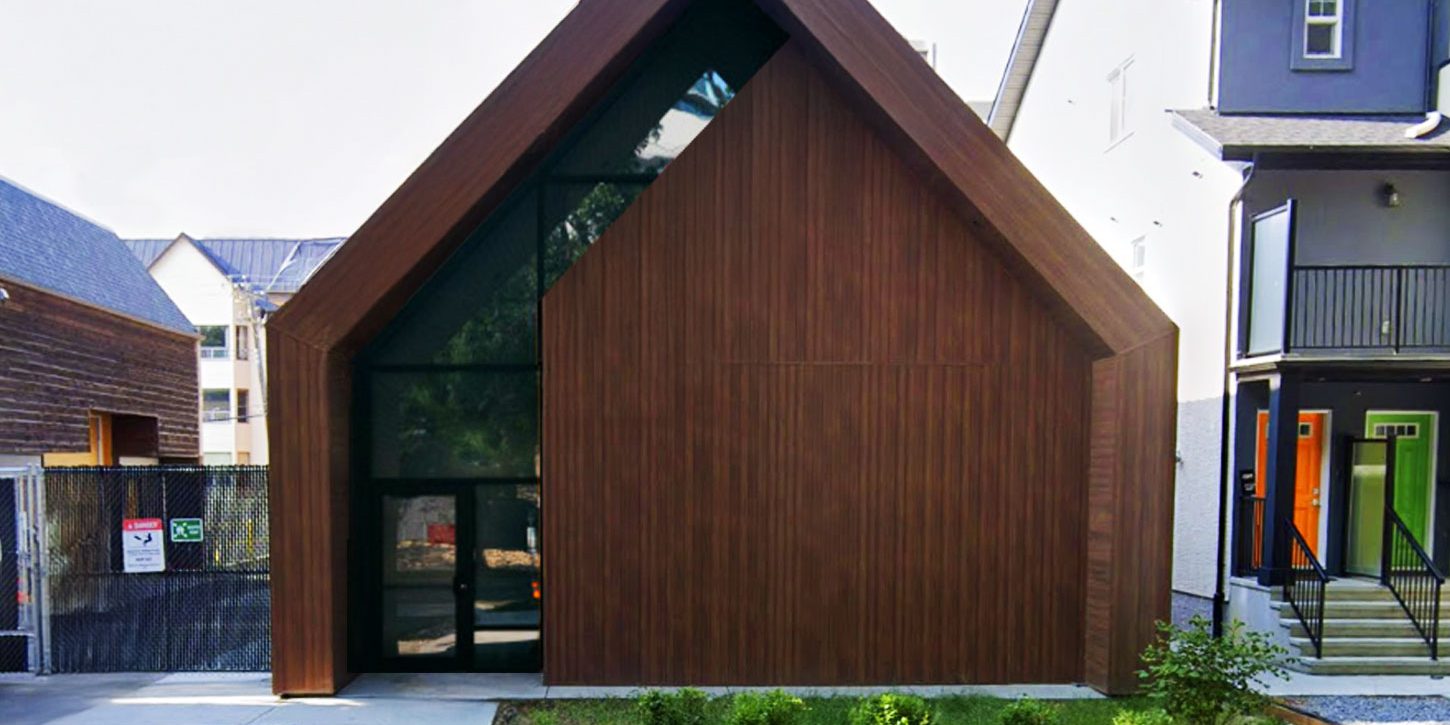Town of Ponoka Transportation and Urban Framework Master Plan, and Town of Ponoka Three-Year Trail Program
2018-2021 | Ponoka, Alberta
As the Town of Ponoka continued to grow and evolve, Town Administration was faced with numerous infrastructure issues and green space development initiatives that often competed for funding. It was recognized that integrating the Transportation Master Plan with an overarching Urban Framework Master Plan would allow the Town of Ponoka to establish an overview of key public realm improvements alongside current infrastructure opportunities, constraints, and commitments.
McElhanney engaged with Ponoka to deliver 3-phase approach that would create a staged plan to help guide the Town’s future efforts and investments. This integrated infrastructure approach opened the door for public realm improvements to be made in tandem with municipal infrastructure improvements.
Defining Ponoka’s existing patterns of use (from physical and cultural to societal) early on laid the foundation for McElhanney’s final master plan submission. This initial assessment phase included a transportation network assessment, during which Ponoka’s corridors and trails were reviewed. Gathering points were highlighted and the boundaries between residential, downtown, and natural space were recorded. When Ponoka’s existing trail network was mapped alongside these gathering points and edges, and the trail network’s gaps became visible.
The 3-phase project continued, and the final master plan was presented to council in February of 2019. Soon after, Ponoka received grant funding to begin filling in the gaps of their trail network. McElhanney was again engaged, this time for a Trails Design Development package that would support Ponoka’s three-year trail program. Alongside a Trails Implementation Strategy, McElhanney provided tender services, and construction and post construction reviews and administration.
This three-year trails program has been a success. In the first year, a gap was filled between Ponoka’s Town Hall and Battle River. The next year, a segment connecting the Ponoka Area Complex and the Stampede to the Downtown was installed. Most recently, a connection was made between a previous trail and a pedestrian trail, a process which included a parking lot installation and improvements to meet accessibility standards.
Completing Ponoka’s Transportation Master Plan in concert with the Urban Framework Master Plan was a unique approach that allowed for the integration of the Town of Ponoka’s infrastructure efforts and investments. This strategy’s efficiency was demonstrated in the subsequent three-year trails program, as public realm improvements were made in tandem with municipal infrastructure improvements.
McElhanney team members presented this unique integrated infrastructure approach at the 2022 ARPA Conference & Energize Workshop in Jasper AB in a presentation titled, “From Plan to Reality: Integrating Community Enhancement as Part of Capital Infrastructure Implementation.”
McElhanney provided:
Town of Ponoka Transportation and Urban Framework Master Plan
- Urban Framework Assessment, including resource base mapping and desktop analysis
- Transportation Network Assessment, including traffic data collection and network analysis
- Public engagement
- Urban Framework Master Plan, including way-finding initiatives, gateway corridors and landmark and node development, and park, open space and natural area integration initiatives
- Transportation Master Plan, including staged network plans, staged road overlay, road network classification and cross-section recommendations, and recommendations to existing bylaws and policies to accommodate any of the proposed modifications presented in the Transportation Master Plan.
Town of Ponoka – Trails: Three Year Program
- Trails design development
- Trails contract documents, including working drawings, technical specifications, and pre-tender estimate and bid form outline
- Trails construction/post construction review and administration
